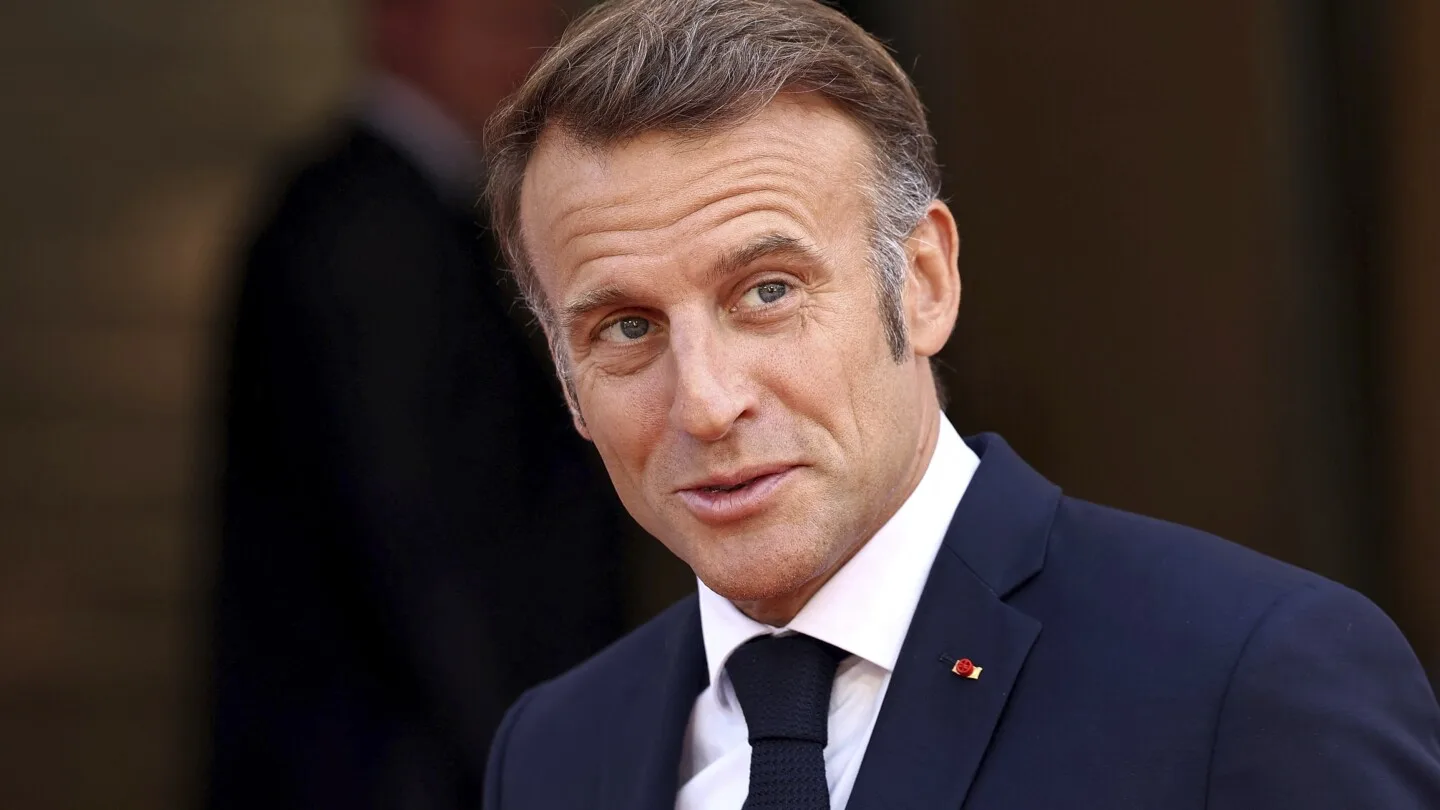In a bold diplomatic move, French President Emmanuel Macron announced that France would officially recognize a Palestinian state. Following similar actions by the UK, Canada, Australia, and Malta, this decision has renewed tensions with Israel and its key ally, the United States, amid ongoing conflict in Gaza.
Shafter Train Accident Sparks Massive Fire and Thick Black Smoke in California
What Happened
Macron’s announcement comes as Israel intensifies military operations in Gaza, creating a severe humanitarian crisis. In communications with Israeli Prime Minister Benjamin Netanyahu, Macron emphasized that France’s recognition of Palestine is driven by the belief that peace is essential for Israel’s security. He described the situation in Gaza as “frightening” and called for immediate solutions.
The decision sparked strong reactions. Netanyahu rejected the recognition, pledging to escalate military operations in Gaza and accusing Macron of fueling antisemitism—a claim Macron dismissed as an “insult.” Meanwhile, U.S. Ambassador to France Charles Kushner warned that recognizing Palestine could empower extremist groups and threaten Jewish communities, particularly in France.
Who Is Emmanuel Macron?
Since 2017, Emmanuel Macron has been a prominent figure in international diplomacy, advocating a multilateral approach to global challenges. His decision to recognize Palestine aligns with his foreign policy focus on peace, human rights, and the protection of marginalized communities. While controversial, Macron’s stance reflects France’s long-standing support for a two-state solution and the international rule of law.
Background and Timeline
The recognition of Palestine has long been a debated issue in international diplomacy. France’s decision comes amid a surge in violence in Gaza, where Israeli military operations have caused significant casualties and widespread destruction.
While symbolic for many Western nations, geopolitical analysts note that France’s recognition adds pressure on Israel to consider negotiations toward a two-state solution. Critics argue that the move may have little immediate impact on Gaza, where humanitarian conditions remain dire.
Public and Social Media Reaction
The announcement sparked intense online debate. Supporters praised France for taking a step toward justice and peace for Palestinians. Opponents, particularly in Israel and allied countries, expressed concern that the move threatens Israel’s security and could embolden extremist groups. Social media has been flooded with discussions on the potential impact and legitimacy of Macron’s decision.
What Happens Next
Macron’s recognition has prompted renewed diplomatic initiatives, including joint efforts by France and Saudi Arabia to condemn attacks on civilians and encourage political engagement without violence. However, challenges persist: the Palestinian Authority struggles with internal corruption and inefficiency, and Israel continues military operations, complicating prospects for lasting peace.
The international community remains divided, with Western countries advocating for a reformed Palestinian Authority to represent Palestinian interests. Despite these efforts, the establishment of a fully recognized Palestinian state remains uncertain amid ongoing conflict and political fragmentation.
Conclusion
France’s recognition of the Palestinian state marks a significant diplomatic move with far-reaching geopolitical implications. While supporters see it as a step toward peace, critics warn it could heighten tensions in the region. As violence continues in Gaza and political divisions remain, the path toward a two-state solution faces both opportunities and significant challenges.
